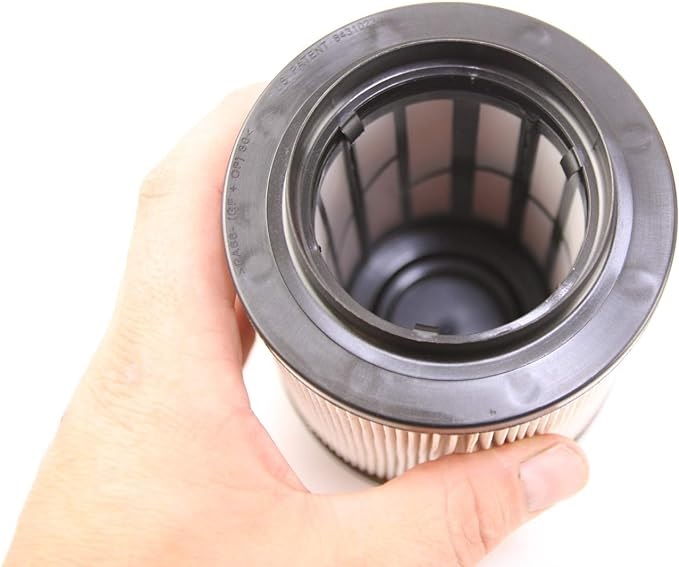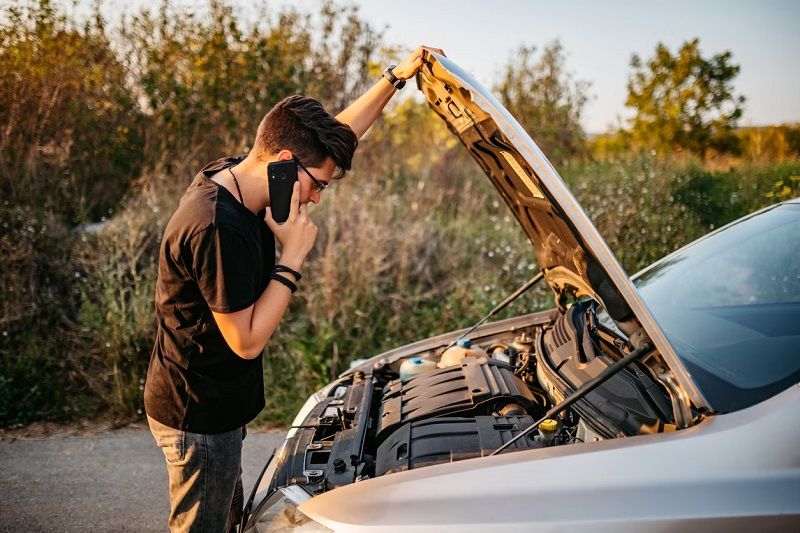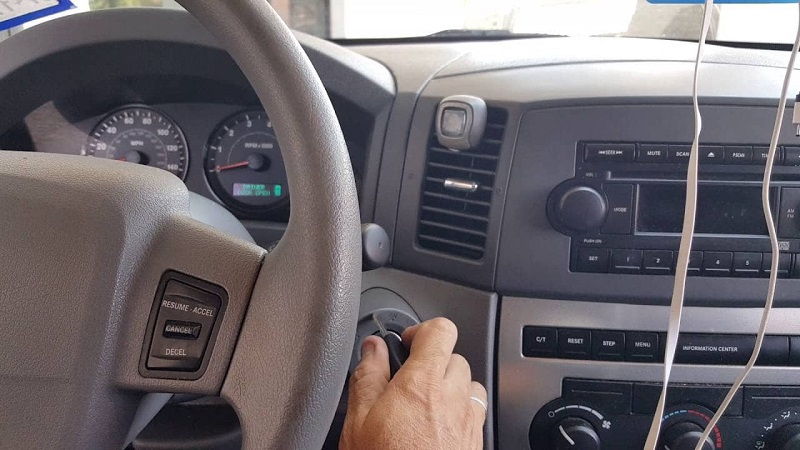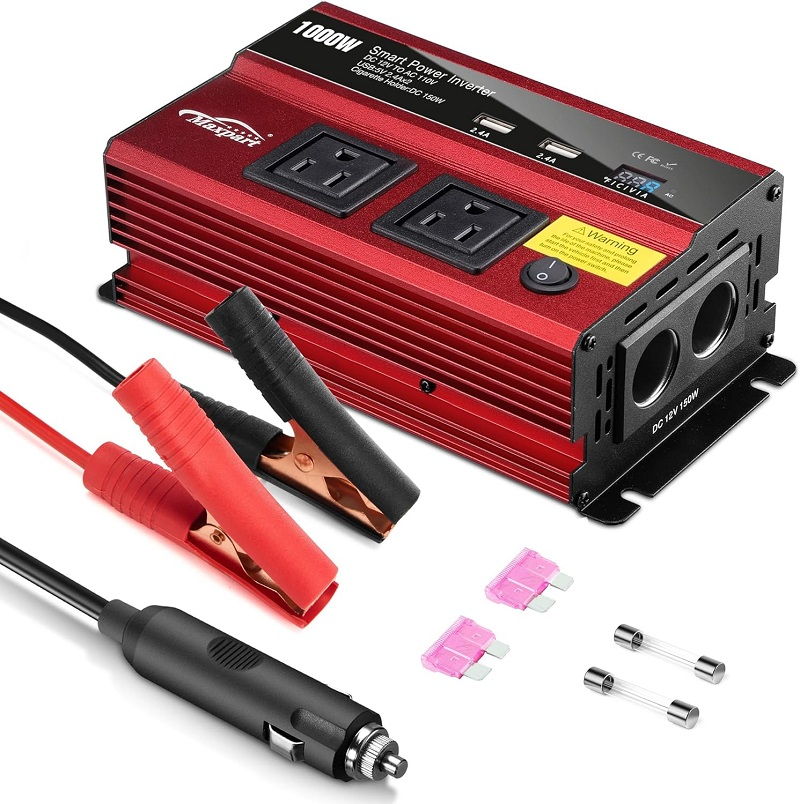This post contains affiliate links. This means I will make a commission at no extra cost to you should you click through and make a purchase [ “As an Amazon Associate, I earn from qualifying purchases.” ]. Read the full disclosure here.
What To Do When Your Car Starts Then Dies GuideMechanic.Com – Common Causes Of A Car Starting Then Dying –
One common issue that car owners face is when their vehicle starts and runs briefly before suddenly dying.
There are a few common causes of this issue, including problems with the fuel system, faulty ignition components, or issues with the car’s computer system.
A clogged fuel filter or dirty fuel injectors can cause a lack of fuel flow and result in the car starting then dying. Faulty spark plugs or ignition coils can also cause this issue, particularly if they are not properly firing.
Check out this Motorcraft FD-4615 Fuel Filter

Additionally, problems with the car’s computer system or sensors can cause the engine to stall shortly after starting. If you are experiencing this problem, it is essential to have your car diagnosed and repaired by a qualified mechanic to prevent further damage and ensure your safety on the road.
When your car starts but then dies, it can be frustrating and concerning. There are several reasons why this could happen, and it’s important to take the right steps to address the issue. First, check to see if there is enough fuel in the tank, as a low fuel level could cause the engine to stall.
Next, look for any signs of a faulty battery or alternator, such as dimming headlights or difficulty starting the vehicle. It’s also possible that there is a problem with the fuel pump, ignition system, or other engine components.
See Also: P0441-00 Range Rover
To diagnose and fix the issue, it’s best to take your car to a trusted mechanic who can identify the root cause and make the necessary repairs. Ignoring the problem could lead to more severe damage and even a potential breakdown on the road.
So, if your car starts then dies, don’t delay – take action to get it checked and repaired as soon as possible.
What To Do When Your Car Starts Then Dies

If your car starts and then dies, it can be a frustrating and concerning situation. However, before you panic, there are a few things you can check. First, make sure that your car has enough fuel. Sometimes, a low fuel level can cause the engine to start and then quickly die.
If the fuel level is not the issue, check your battery connections to ensure that they are tight and secure. Loose connections can cause problems with starting and running the car.
If neither of these solutions work, it may be time to take your car to a trusted mechanic to diagnose and fix the issue. Remember, taking care of your car and addressing issues promptly can save you time and money in the long run.
This Might Include Checking The Battery And Electrical Connections, Inspecting The Fuel System For Leaks Or Clogs, Testing The Ignition System, Or Checking The Alternator.
When troubleshooting a problem with a vehicle or other machinery, there are a number of potential issues that may need to be addressed. This might include checking the battery and electrical connections to ensure that everything is properly connected and functioning as intended.
Additionally, it may be necessary to inspect the fuel system for leaks or clogs, as these can cause a range of issues related to engine performance. Testing the ignition system is another important step, as this can impact the overall operation of the vehicle or machinery.
Finally, checking the alternator is crucial in ensuring that the battery is properly charged and that the vehicle or equipment can continue to operate effectively.
By taking these steps and addressing any issues that are identified, it is possible to keep machines running smoothly and prevent issues before they occur.
Preventative Maintenance

Preventative maintenance is an essential part of keeping your car running smoothly. One of the most frustrating things that can happen to a car owner is when their car starts but then dies shortly after.
This can be caused by a number of different issues, including problems with the engine, fuel system, or ignition system. One of the first things to check when this happens is the battery. A dead or weak battery can cause your car to start and then die quickly.
If the battery is not the issue, then it’s important to have a professional mechanic diagnose the problem. Regular maintenance, including oil changes, tire rotations, and tune-ups, can help prevent these kinds of problems from occurring in the first place.
By taking care of your car and bringing it in for regular check-ups, you can help ensure that it will run reliably and efficiently for years to come.
This Might Include Changing The Oil And Filters Regularly, Keeping The Fuel System Clean, And Performing Routine Tune-Ups And Inspections.
Maintaining your vehicle is an important aspect of owning a car, regardless of the type or make. Regular maintenance not only prolongs the lifespan of your car but also ensures that it runs smoothly. One of the critical aspects of maintenance is changing the oil and filters regularly.
Regular oil changes help to prevent sludge buildup, which can cause engine damage. Similarly, replacing the filters ensures that dirt and debris do not clog the engine, leading to reduced performance and fuel efficiency.
See Also: 4l60e Transmission External Wiring Harness Diagram
Additionally, keeping the fuel system clean prevents clogs, corrosion, and fuel pump damage. Lastly, routine tune-ups and inspections are necessary for detecting and addressing any mechanical issues before they become bigger problems.
These practices help to keep your car operating properly, save you money on repair costs, and ensure your safety on the road.
What To Do When Your Car Starts Then Dies
Conclusion

In conclusion, if your car starts and then dies, there are a few things you can do. First, check your battery connections and make sure they are clean and tight. If they are loose or corroded, clean them and tighten them as needed.
Second, check your fuel system for any clogs or leaks, as these can cause starting and stalling issues. You should also check your air filter and replace it if it is dirty or clogged.
Finally, if you are still having problems, consider taking your car to a mechanic for a professional diagnosis and repair. By following these steps, you can help ensure that your car stays running smoothly and reliably.
If you find yourself in the situation where your car starts and then immediately dies, there are several things that you can do to troubleshoot the issue. First, try restarting the car while giving it some gas.
If the car runs smoothly with some gas, then the problem may be an issue with the idle control valve or the fuel pump. If the car starts and still dies, it could be a problem with the battery or alternator.
Another possibility is a clogged fuel filter or a bad fuel injector. In this case, it may be necessary to take the car to a mechanic to diagnose and fix the issue.
Whatever the problem may be, it is important to address it promptly in order to avoid further damage to your car and to ensure your safety on the road.
See Also: 4l60e Rebuild Cost from $1500 to $2500
- Used Dump Trucks for Sale Under 5000 - July 18, 2025
- Used Dump Truck for Sale Under $10000 - July 18, 2025
- Used Pickup Truck with Dump Bed for Sale - July 18, 2025
